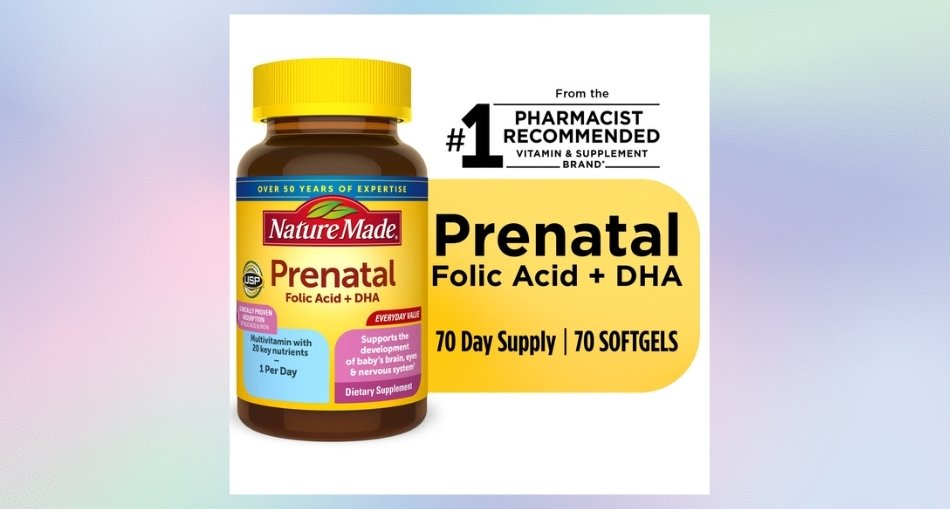
Prenatal vitamins have long been associated with supporting the health of pregnant women and their developing babies. However, there’s a growing trend of individuals who are not pregnant consuming these vitamins, believing they offer health benefits beyond pregnancy. While prenatal vitamins can provide essential nutrients, it’s crucial to comprehend the potential side effects that might arise when taking them outside of pregnancy. In this article, we’ll delve into the reasons behind this trend and explore the possible side effects that can occur due to their misuse.
Why Take Prenatal Vitamins When Not Pregnant?
The appeal of prenatal vitamins to non-pregnant individuals lies in their impressive nutrient profiles. Packed with folic acid, iron, calcium, and other essential vitamins and minerals, these supplements are believed to boost energy levels, improve hair and nail growth, and enhance overall well-being. Some even consider them as a way to compensate for nutritional gaps in their diets. However, the misuse of prenatal vitamins can lead to unintended consequences.
Potential Side Effects
1. Excessive Nutrient Intake: Prenatal vitamins are formulated to meet the increased nutritional demands during pregnancy. Consuming them when not pregnant can result in excessive intake of certain nutrients, leading to imbalances or toxicity. For instance, excess iron intake can cause constipation, nausea, and even damage to vital organs.
2. Digestive Distress: The high iron content in prenatal vitamins can be harsh on the digestive system, causing constipation, upset stomach, and gastrointestinal discomfort.
3. Negative Interactions: Prenatal vitamins might interact with other medications or supplements an individual is taking, potentially affecting their efficacy or causing harm.
4. Hypervitaminosis: Overloading the body with fat-soluble vitamins like A, D, E, and K can lead to hypervitaminosis, causing symptoms such as nausea, headaches, and even damage to organs.
5. Masking Underlying Conditions: Relying on prenatal vitamins for perceived health benefits might mask underlying medical conditions, delaying proper diagnosis and treatment.
While the idea of enhancing one’s health by taking prenatal vitamins when not pregnant might seem appealing, the potential side effects and risks associated with this practice cannot be ignored. Rather than self-prescribing supplements, it’s recommended to consult a healthcare professional before incorporating any new supplements into your routine. A personalized approach to nutrition and supplementation is crucial to ensure that you’re getting the right nutrients in the right amounts, tailored to your individual needs. Remember, a balanced diet and a healthy lifestyle are the foundations of well-being, and they remain irreplaceable by any supplement, including prenatal vitamins.
